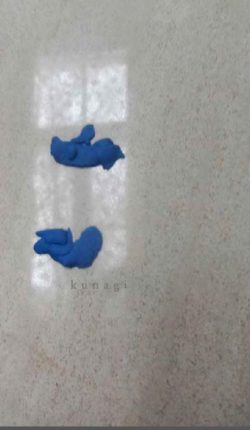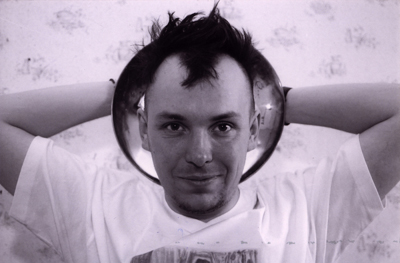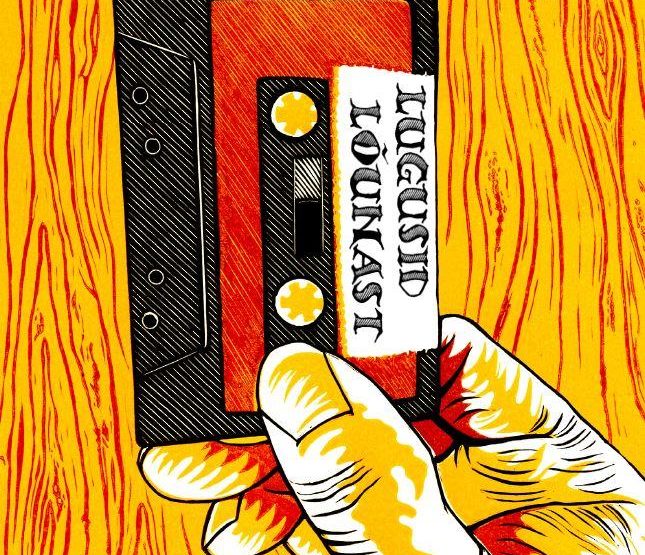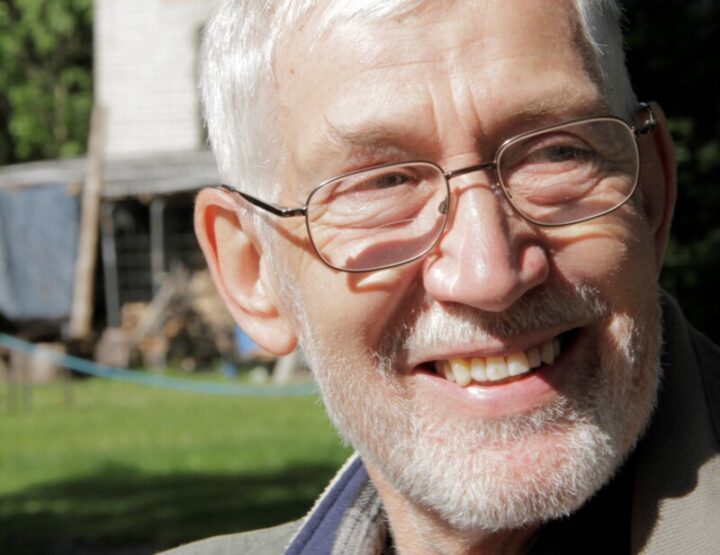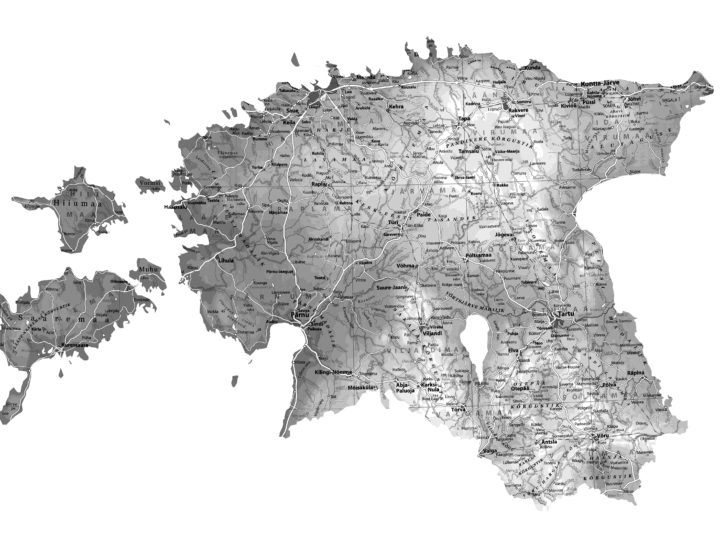Lauri Sommer, Kunagi: 2008–2015 (Once: 2008–2015)
Räestu, Tiivaalune, 2015, 86 pp
Although Lauri Sommer (b 1973) made his debut in 1998 as a poet and has published altogether five collections, he has mostly gained acclaim and recognition as a prosasist over the last few years. Sommer’s first work of prose – Kolm yksiklast (Three Only Children, 2010) – tells the stories of three recluses through intuitive visions of the lives of Seto healer Darja, musician Nick Drake, and theologian and poet Uku Masing. Two years later, he published Räestu raamat (The Book of Räestu), in which he writes about his maternal lineage and his Viru-County roots. Both works received the Cultural Endowment of Estonia’s Literary Award for Miscellanea. Sommer’s fiction Sealpool sood (Across the Mires), a portrayal of his paternal relatives and Viljandi County, was published last year. His prose is highly poetic, but is also fragmented: it progresses by way of scents, snippets of conversation, and shards of memory. Landscapes and descriptions of Estonian nature are integral parts of Sommer’s writing, but of paramount importance to him is the spirit of a place and how it opens a person’s inner workings.
Sommer’s Once comprises poems written over the years 2008–2015, but is not an extensive selection of his poetry; rather the opposite. Once is like a diary or a notebook, which he has been keeping steadily on the side of his prolific prose-writing. While Sommer’s prose attempts to record all the fragments of memory associated with particular people or places, Once is more selfless – in it are Zen-like attempts to capture moments, perfect little pictures, and recognitions. It contains nature and an animist perception of the world: for instance, the poet happens to witness the wedding of reeds and later washes his face “with the pond water this wedding / made holy”. He makes sacrifices to the birds and the beasts during the autumn folk holiday for venerating the dead. Nature is not merely the environment that surrounds the space we make home, but also a kind of communion. In a piece awarded the 2014 Juhan Liiv Award for Poetry, Sommer transforms the burial of a boar carcass into an inner purification: “I scoop it into my arms to alleviate. / The half-moon casts dual shadows / that I carry down to the valley. I leave / the worst of me in the carcass”.
The pictures Sommer paints are like calligraphy – one slight flick of the brush conveys a larger stroke. Even when the days pass gradually and nothing especially happens, anguish and salvation are always present. Common, everyday moments and observations can achieve a sacral dimension. For Sommer, time is not linear, but cyclical – eternally repeating, just like the seasons. It progresses steadily and unhurriedly: a book your darling left on the bed can stay there for days, “corners of the pages remembering / the blissful stillness of your fingerprints”. And yet, the passing of time is not all that tragic or even entirely irreversible, since a connection with those who came before us lives on through memories and reoccurring events. For instance, if you rest upon the ruins of an old farmhouse and see a large forest creature in the distance, you might believe it is the soul of the former farmer’s wife coming to survey the guests. You can establish a connection with ancestors even by way of an old threshold: “I’m a millimetre away / from those who a century ago went / to the sauna, shed, laundry, house / their feet just as bare, summer-night tranquillity all around / ever more hidden in my footsteps”. Reflected in these understandings are an indigenous perception of nature and the soul, as well as a respect for one’s ancestors.
Lauri Sommer’s poems are the poetry of stillness and presence; they contain briskness of the north and succinctness of the east. The author himself is a traveller, a traverser who muses: “These days watch me like woodlarks. / I wonder which will take flight first.”
Carolina Pihelgas (1986) is a poet and translator. She has published four poetry collections and translated poems into Estonian from Spanish, English, Greek and Norwegian. Pihelgas became the editor of the literary magazine Värske Rõhk in 2011

